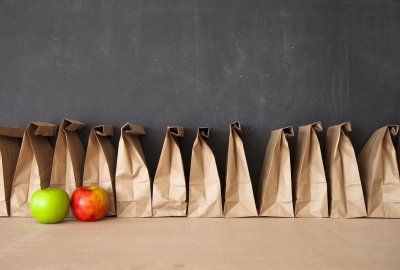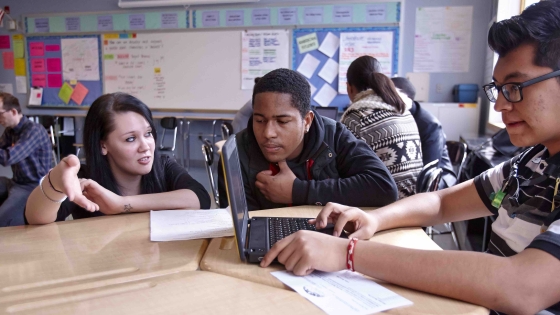
Summer Meals for NYC Students: Understanding the Perspectives and Experiences of Families
Kathryn Hill (May 2021)
Even before the Covid-19 crisis and its deep economic effects, over a million New Yorkers struggled with food insecurity—particularly in low-income communities of color. Because many families with children rely on meal programs provided to students during the school year, rates of food insecurity tend to increase sharply during the summer months. Federal Food Service Programs aim to close the gap in food assistance by providing funding to states to serve summer meals to children. While NYC ranks among the top performing cities in summer meals participation, these numbers are still strikingly low (e.g., in 2017, an estimated 36 NYC children received summer meals for every 100 children who were eligible for free or reduced priced lunch at school).
The Research Alliance conducted a series of in-depth focus groups to better understand potential barriers to participation in summer meals programs. During the 2019-2020 school year, we spoke with 48 parents and caregivers whose children attended eight NYC elementary schools located in neighborhoods with particularly high levels of food insecurity.
Our brief highlights insights from these focus groups, including parents’ sense of the benefits of summer meals programs, as well as their ideas for how these programs might be improved. Their perspectives suggest that the flexibility introduced to summer meals in response to the Covid-19 pandemic (e.g., “grab and go” meals) may be helpful in increasing participation over the long term. The brief also provides useful contextual information about rates of food insecurity and other related health indicators (e.g., child obesity, access to supermarkets) in Community Districts throughout the City.
This study was supported by a grant from Share Our Strength.

